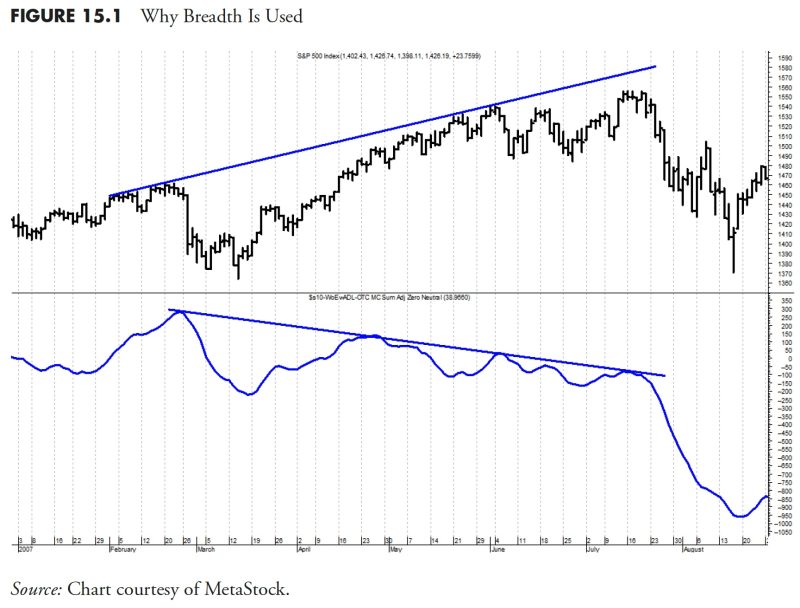In the world of finance and investments, rules-based money management plays a crucial role in determining how individuals and institutions manage their financial assets. While it can be an intricate and multifaceted process, it ultimately serves as a framework for making informed decisions in the realm of money management.
One key aspect of rules-based money management is the establishment of clear guidelines and principles to govern investment decisions. By setting specific rules and parameters, investors can mitigate the impact of emotional bias and impulsive decision-making that often leads to poor outcomes in the financial markets. This structured approach allows for a systematic evaluation of potential opportunities and risks, helping investors to stay disciplined and focused on their long-term financial goals.
Moreover, rules-based money management involves the development of a well-defined investment strategy tailored to individual risk tolerance, financial objectives, and time horizon. By outlining a set of rules to govern asset allocation, diversification, and risk management, investors can effectively navigate the complexities of the market environment and optimize their portfolio performance. This strategic approach also ensures that investment decisions are based on rational analysis and adherence to predefined rules, rather than on short-term market fluctuations or external influences.
Another critical component of rules-based money management is the implementation of a consistent and systematic approach to monitoring and adjusting investment positions. By regularly reviewing and reassessing the performance of their investments against predefined benchmarks and criteria, investors can identify potential areas for improvement or adjustment. This proactive approach helps to optimize portfolio outcomes and minimize the impact of unexpected market events or changing economic conditions.
Furthermore, rules-based money management incorporates the use of technology and quantitative tools to enhance the decision-making process. By leveraging advanced analytical tools, investors can conduct in-depth research, analyze historical data, and evaluate investment opportunities with a high degree of accuracy and efficiency. This data-driven approach allows for the identification of market trends, patterns, and correlations that can inform investment decisions and optimize portfolio performance.
In conclusion, rules-based money management is a structured and systematic approach to managing financial assets that offers numerous benefits to investors looking to achieve their long-term financial goals. By establishing clear guidelines, developing a well-defined investment strategy, and implementing a consistent monitoring and adjustment process, investors can navigate the complexities of the financial markets with greater confidence and discipline. With the incorporation of technology and quantitative tools, rules-based money management provides a data-driven framework for making informed investment decisions and optimizing portfolio performance in an ever-changing market environment.




























